Hope & Fear
A decade of uncertainty

IMS looks back at important global events over the past ten years that show a changing climate but also a transformative society, struggling to progress towards a more sustainable and inclusive world.

02/02
IPCC (Intergovernmental Panel on Climate Change) releases its 4th Assessment Report which concludes that climate change’s occurrence is ‘very likely’. IPCC later receives the Nobel Peace Prize alongside Al Gore (for his documentary ‘An Inconvenient Truth’) for ‘disseminat[ing] greater knowledge concerning man-made climate changes and the steps that need to be taken to counteract those changes.’
/06
A heatwave hits Europe. In Greece, 11 people die of heatstroke and 200 wildfires are reported. Events are seen as outcomes of a changing climate and expected to worsen in future.
29/06
The iconic first iPhone is released marking a key moment in the mobile technology revolution and digital expansion. It simultaneously marks a severe resource threat and a massive opportunity for sustainable projects.
15/07
Lewis Pugh becomes the first person to swim across the geographic North Pole, bringing attention to decreasing sea ice due to climate change.
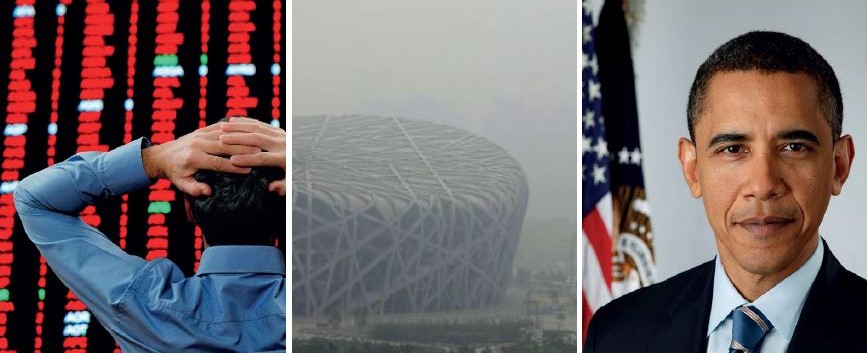
2008
50% of the global population lives in cities. This urban areas represent 2% of the globe’s land, but consume 75% of its resources.
In July, the growing global energy demand, especially from industrializing countries causes a oil price spike to 147$/barrel.
Studies link ocean acidification to growing CO2 levels.
UN finds that natural disasters linked to changing climate displaced 20 million people in this year alone. The deforestation and climate change prevention program is launched.
21/01
The financial crisis spreads crippling the global economy for years.
03/04
Food prices skyrocket, causing a global food crisis.
03/05
UN Convention on the Rights of Persons with Disabilities comes into force following ratification. The only UN human rights convention that explicitly recognises the need for sustainable development.
/08
Beijing Olympics are shrouded by smog and contingent health concerns.
04/11
Barack Obama is elected the 44th and first African-American President of the U.S.A. He pledges to ‘‘engage vigourously’’ on climate change.
2009
The alarming rate of Arctic sea ice diminishment is discovered.
Concept of ‘planetary boundaries’ is popularized.
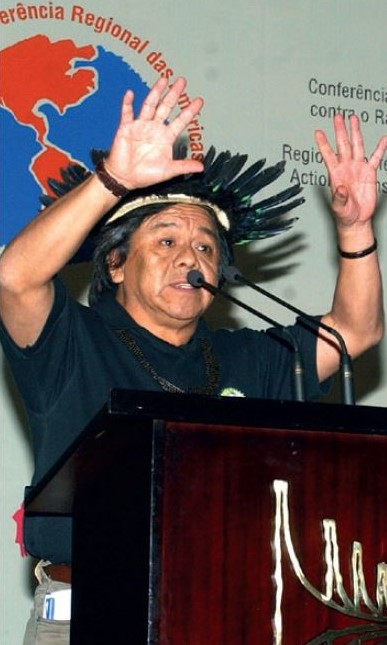 |
03/08 Bolivia is the first South American country to acknowledge indigenous peoples’ right to selfgovernance. China becomes the world’s leading carbon emitter. 12/10 Nobel Prize in Economics is awarded to Elinor Ostrom for her work on the economic governance of the commons. Also the first woman to be awarded the prestigious prize. |
07-18/12
COP15 meets in Copenhagen, and is hindered by the climate gate and economic priorities as the financial crisis rages, resulting in a disappointing and weak Copenhagen Agreement.
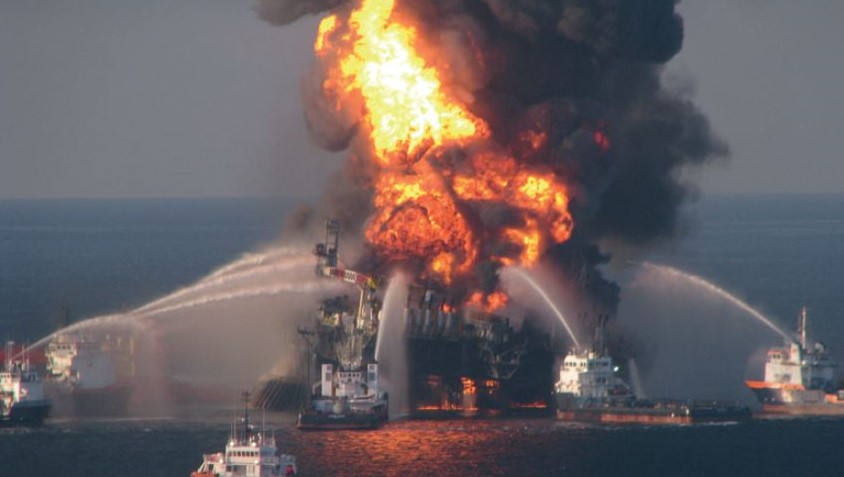
20/04
BP Deepwater Horizon Oil Spill - the largest marine oil spill in history took place in the Gulf of Mexico, with approximately 4.9 million barrels of crude oil discharged, putting 8 national parks and over 400 marine species at risk.
27/06
Iceland’s Prime Minister, Jóhanna Siguðardóttir, enters a same-sex marriage, becoming the first head of state to do so.
25/07
Wikileaks in partnership with The Guardian, The New York Times, and Der Spiegel begins to publish over 91,000 sensitive U.S. military documents on the Afghan War. This causes uproar and raises questions on the issue of transparency.
2011
China launches its 12th ‘Five Year Plan’, which focuses increasingly on green economy, sustainable growth, and ensuring environmental protection. The largest global carbon polluter is developing a sustainable agenda.
11/03
Tohoku Earthquake strikes Eastern Japan (magnitude of 9.1) killing nearly 16,000 people. Resultant meltdown of three reactors at Fukushima nuclear powerplant raises concerns about nuclear energy around the world.
/07
Severe droughts stretche the entire East African region, lasting until mid-2012 and threaten 9.5 million people.
31/10
This symbolic day marks global population surpassing 7 billion.
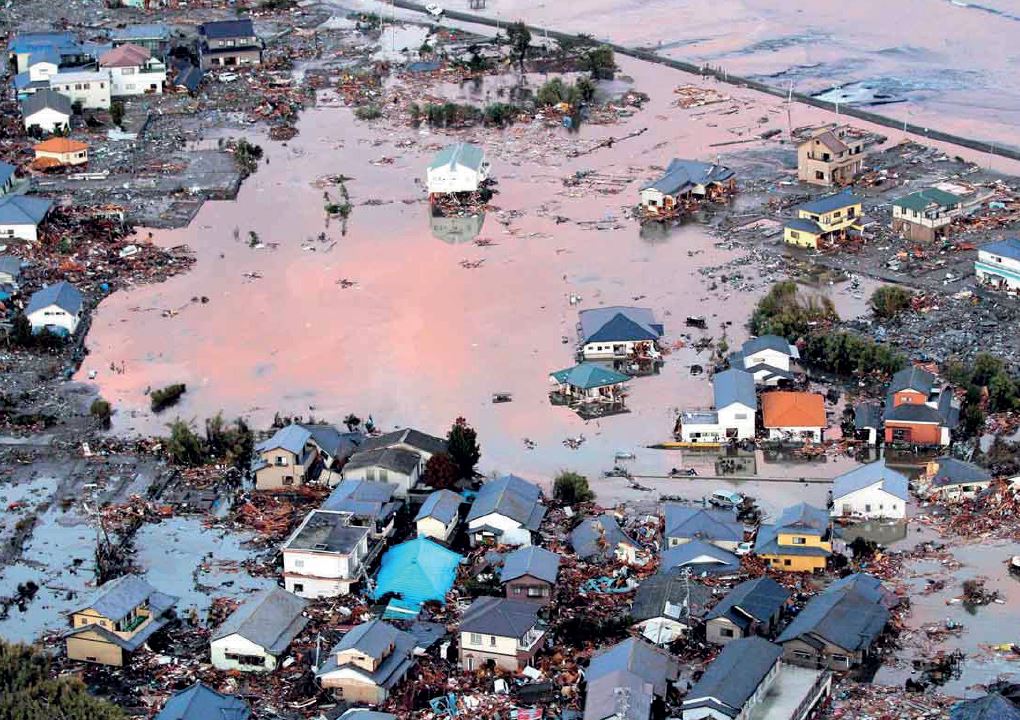
2012
A subtarget of the 7th Millennium Development Goal is achieved (halving the number of people who do not have access to safe drinking water) 3 years prior to deadline.
‘Divest’ movement gains momentum in America - putting social pressure on public and private organisation, to drop fossil fuels and transition towards renewable energy sources.
20-26/06
The United Nations Conference on Sustainable Development meets in Rio de Janeiro, crafts a new generation of objectives: the ‘Sustainable Development Goals’.
08/11
Typhoon Haiyan hits the Philippines and causes widespread devastation killing over 6,200 people and injuring many more. The storm’s exceptional severity is linked to global warming.
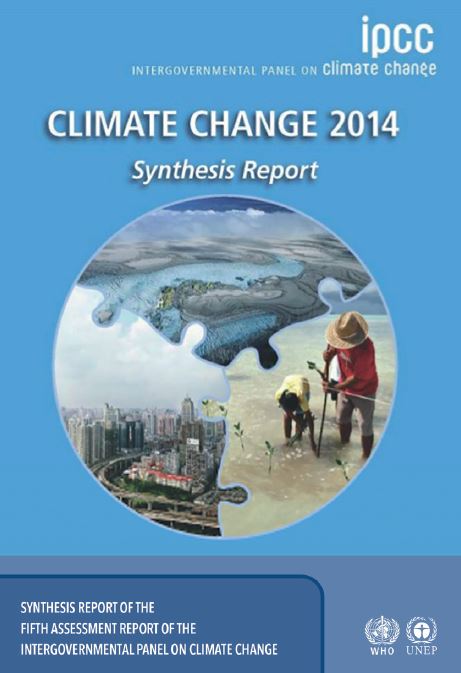 |
21/09 1st edition of ‘People’s Climate March’ in New York: worldwide events involve 910,000 across Berlin, Johannesburg, New Dehli, and Rio de Janeiro. 02/11 The IPCC releases its 5th Assessment Report, strengthening the previous report’s findings. Global warming is largely attributed to human activities. |
2015
Global average temperature rises 1° C above pre-industrial levels for the first time.
24/05
Pope Francis releases an encyclical letter, ‘Laudato Si’, focusing on environmental issues - both criticising current consumption patterns and urging increased environmental protection and sustainable development.
18/09
The discovery of Volkswagen rigging diesel emissions tests causes scandal.
25/09
The Sustainable Development Goals are launched for 2030. They apply to all nations aiming at ending poverty and developing economically within planetary boundaries.
30/11 - 12/12
COP21 ends with a historic agreement: the Paris Accord signed by 195 nations aiming to keep global temperatures from rising more than 2°C above pre-industrial levels.

/02
‘Demain’ is awarded best 2016 documentary film at the ‘César Award’ (national film award of France) - This film tells a feel-good story that shows solutions and calls for action.
/04
Dakota Access pipeline protests begin - the movement demonstrates against expanding harmful energy sources while simultaneously championing indigenous rights.
26/07
Solar Impulse completes successful solar-powered circumnavigation of the Earth using only solar power.
28/09
Global CO2 level rises above 400ppm - the highest level in human history.
01/06
President Trump withdraws U.S. from the Paris Accord. This move is globally condemned with backlash from nations and businesses alike and many US cities restate commitment to the agreement. These reactions highlight a transforming society and the increasing role of cities and companies in shaping and championing sustainable development.
02/08
Earth Overshoot Day, a symbolic day when resource consumption surpasses the Earth’s productive capacity for that year, occures the earliest yet indicating high consumption rates.
/09
Harvey, Irma, José, Katia and Maria, tropical storms severely devastate the Carribean region. Damage reach hundreds of millions dollars.












